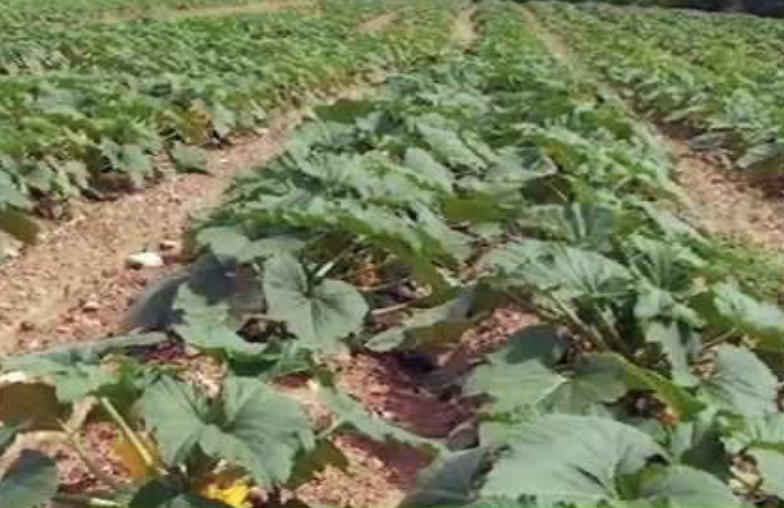
Biological Control of Whiteflies in Squash
February 24, 2021 @ 2:00 pm - 3:30 pm

Join eOrganic for a webinar on biological control of whiteflies in squash! It’s free and open to everyone, and advance registration is required.
Register now at https://oregonstate.zoom.us/webinar/register/WN_yIUICaNkTTKwTfk0esj3ZA
About the Webinar
Oscar Lilburd will introduce the topic of biological control in vegetable crops using predators and parasitoids, including predatory mites and insect predators. Lorena Lopez will then discuss the use of companion plants in organic vegetables, focusing on enhancing and conserving biological control. She will also discuss predatory mites behavior in organic squash planted adjacent to sweet alyssum (companion plant). Then, Dr. Lilburd will talk about the effect of using pesticides labeled for organic use on these predators and how long after plots have been sprayed that these predators can be released back into the field.
About the Presenter
Dr. Oscar Lilburd is a Professor in the Entomology and Nematology Department at the University of Florida. His expertise is in agricultural pest management specifically working with organic vegetable growers primarily on cucurbits, cole crops and solanaceous crops. Dr. Liburd also works in the area of Small Fruit pest management.
Lorena Lopez is a PhD Student at the University of Florida Entomology and Nematology Department. Her research includes regulation of the above-ground pest complex attacking organic zucchini squash by implementing sustainable practices such as cover crops and conservation of natural enemies. Additionally, she is evaluating the use of bacterial strains for control of root-knot nematodes.
This webinar is part of a series on biological control in organic vegetables, as part of a NIFA OREI funded project. Find them all on the eOrganic webinar schedule.
Published December 28, 2020
This is an eOrganic article and was reviewed for compliance with National Organic Program regulations by members of the eOrganic community. Always check with your organic certification agency before adopting new practices or using new materials. For more information, refer to eOrganic’s articles on organic certification.

